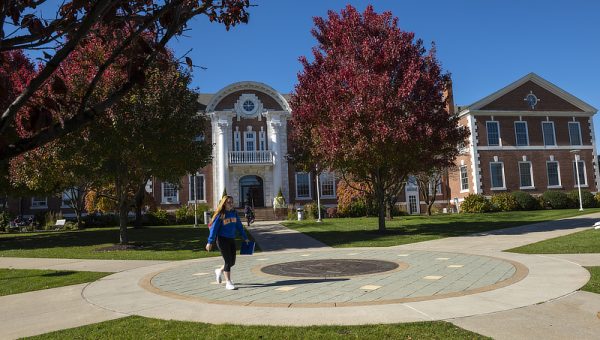Practice what you preach
The University of New Haven prides itself on diversity: it promotes its Diversity, Equity and Inclusion (DEI) events until we’re sure the fingers of the administration will fall off from typing so much. We also know that promoting and fostering diversity is important; the institution uses our wide range of student demographics and profiles as a marketing tactic when trying to rope in the next wave of Chargers.
With this in mind, and coming from the mouth that stands behind a face you’ll likely see at the vast majority of events held on this campus, there is just one lingering question that must be asked: why aren’t we doing better?
Attendance at DEI-centric events is low, despite the best efforts of groups of multicultural students, LGBTQ+ representatives and the Myatt Center staff.
Low staffing and representation in these groups has yet to keep them from developing a full agenda of events offered to the university community. Yet for an environment which so heavily enforces the value of diversity, it is rare to see individuals outside of the groups being recognized at an event; even those of other minority groups on campus.
Members of minority groups who understand the struggles surrounding a lack of representation should be putting as much care and energy into supporting the events of other groups as they do their own.
This isn’t to say students never show up to support other groups’ endeavors, but that there is much room for growth. We as a community with the power to enact change should be doing better to focus on areas where we can work together to amplify each other’s voices more; to make louder the experiences of groups who otherwise go misunderstood.
We are supposed to be uplifting one another, supporting one another and practicing what we preach, yet instead we seem to make it a greater priority to tear down the voices of not only people in affinity groups outside of their own but also those within the same identities with which they do not see eye-to-eye. This is destructive, hypocritical and does arguably just as much damage to the communities that they are trying to defend as the perpetrators with which they go head-to-head.
DEI is more than a marketing tactic and support should be coming from beyond merely the host organization or select representatives of a subgroup of the student population.

Mia Adduci is a senior studying communication concentrating in multi-platform journalism and media who began writing for the paper her first semester on...



